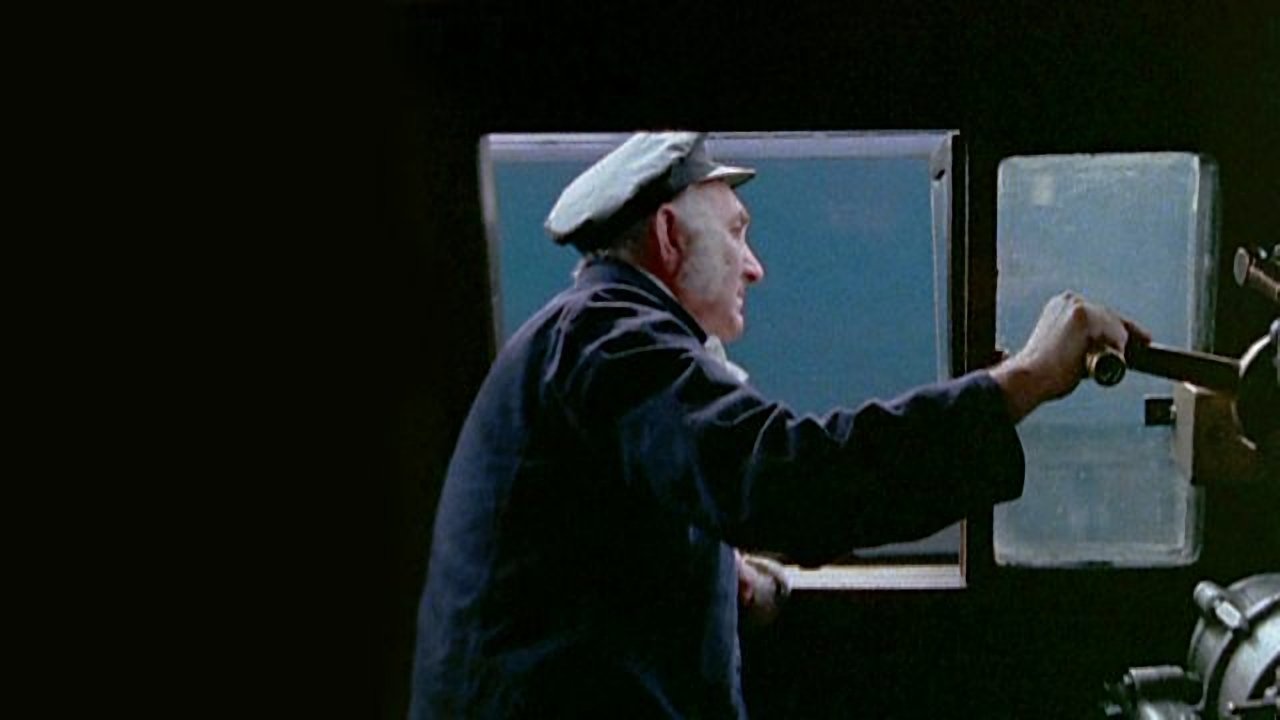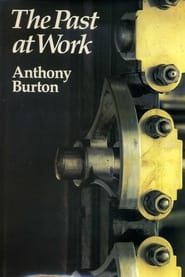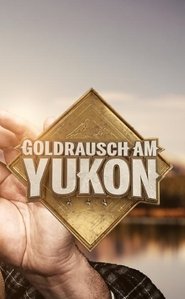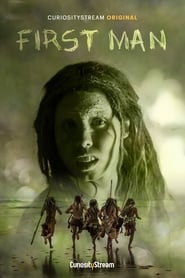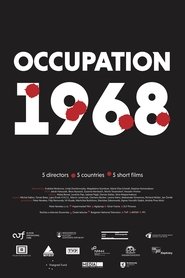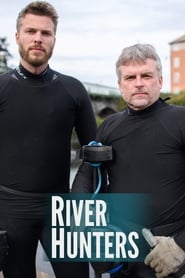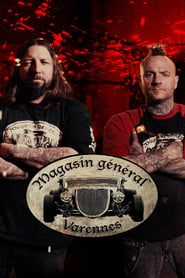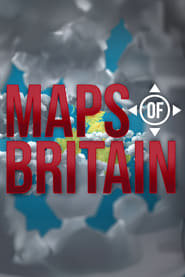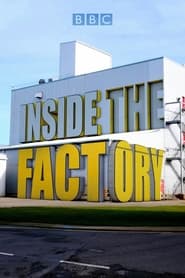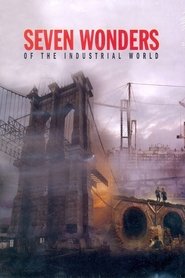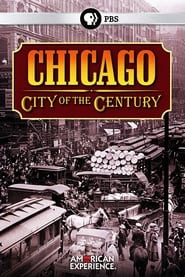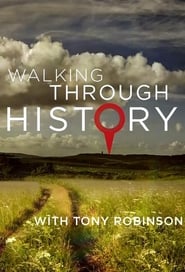- Created By
- First Aired on
Mar 25, 1980
- Popularity: 1.1506
- 0 votes
- Networks
- (GB)

- Production
BBC (GB)
- Status: Ended
Show Ended
1 seaons till May 13, 1980
Last episode: Railway Mania
Seasons & episodes
Total 1 seasons, 8 episodes

Miniseries
Aired

Episode 1Before the Revolution25 min
The remains of the industrial revolution are still with us to visit, to enjoy and to interpret. But how did early industry begin? Anthony Burton visits a neolithic flint mine in Norfolk, a Roman gold mine in Wales and a wooden windmill at Bromsgrove.

Episode 2Steam and the Pit25 min
Before raw materials and coal could be taken from deep mines, an engine for pumping out water had to be developed. Anthony Burton goes underground at Britain's first colliery museum, looks at an original Newcomen steam engine and visits the oldest steam pumping engines still doing their original job.

Episode 3The New Iron Age25 min
The single greatest discovery of the industrial revolution was the ability to smelt iron using coke instead of charcoal and the development of casting and forging techniques to use it. Anthony Burton goes to Coalbrookdale to tell the story of Derby's success, visits a casting shop at Llanberis, and gets his nose to the grindstone in a water-powered forge in Devon.

Episode 4Spindle and Shuttle25 min
The spinner or weaver working on his own, at his own speed, gave way to mills sited to take advantage of water. These were superseded by factory towns dependent on cheap coal and cheap labour. Anthony Burton visits a weaver in Wales, a mill museum near Wilmslow, and Huddersfield.

Episode 5To Make a Teacup25 min
Demand for fine white and decorated pottery led to a search for new raw materials, the development of new processes, and encouraged new transport systems. Anthony Burton looks at processes and bottle kilns at Stoke-on-Trent; visits a water-powered flint mill in Staffordshire; and tries his hand at shovelling china clay in Cornwall.
Top Cast
Crew & Team
Editor

